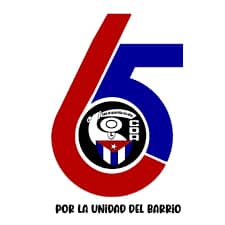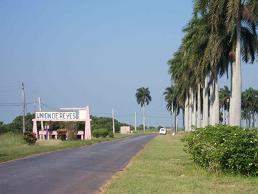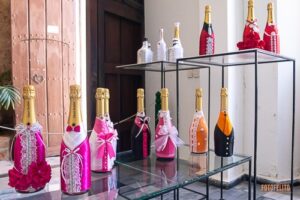«We are normal, no more, no less».
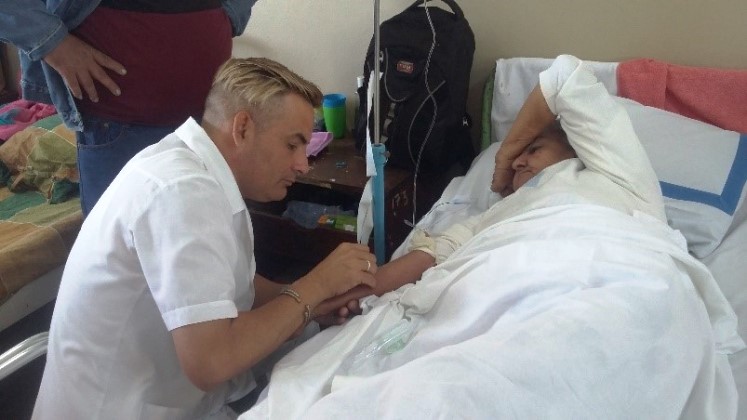
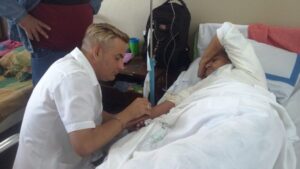
Excerpt: «Sad times are ours! It is easier to disintegrate an atom than a prejudice».
Albert Einstein.
Today’s society lacks tolerance and understanding. Many people find it difficult to adapt to situations they still consider subnormal. Discrimination continues to give much to talk about and has a vivid representation, as is the case of the so often mentioned homophobia, defined as the total rejection of the LGBTIQ+ community.
Alexei Prado Rodríguez has never hidden his homosexuality. He works in the Oncology Unit of the Faustino Pérez Hernández Provincial Teaching Hospital in Matanzas, where all his co-workers respect him. He was born on May 23rd 1981 in the municipality of Colón, Matanzas, the son of María Estella Rodríguez and Elio Prado. He graduated with a degree in Nursing on October 2nd, 2008.
How was your childhood?
-My childhood was normal, in a country town, quiet, with the problems of a child, but full of love, without anything new.
At what age did you begin to notice that your sexual inclination was not the same as the rest of the male sex?
-Since I was very young, six or seven years old, all the boys wanted to have a girlfriend and I didn’t, I didn’t want to have a boyfriend either, but I wasn’t attracted to girls.
He never liked that they thought he was «a girl», because for him a man will always be a man beyond being gay and, if he were born again, he would want to be one again, because he feels very good like that.
How did your parents find out about your homosexuality?
-My family is atypical in that way, my homosexuality has never been talked about in my house. They have to know about it, but I have never said «I am gay». That subject has not been touched upon. They haven’t dared to ask: «Are you or aren’t you»?
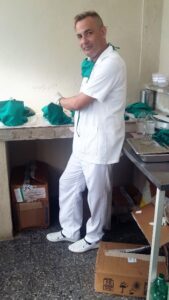 When did you come out as openly gay to your friends and society?
When did you come out as openly gay to your friends and society?
-When I was a teenager, 14 or 15 years old. I’ve never been very prejudiced. I didn’t care about social norms. I always did what I wanted, how I wanted and society accepted me quite well. I wasn’t one of those people who got shouted at in the street or shunned by their friends. I was one of those who walked with the whole group, everyone knew what I was and respected me as such.
The first time he walked without secrets from the world around him, he says he felt fulfilled and happy. He mentioned his grandmother and a phrase she said to him: «You have to be somebody because you are the only thing your mother has».
Why did you choose a profession related to medicine?
-Actually, I never wanted to study nursing, I am a technician in agronomy and when I got the location I simply didn’t like it, I stayed at home. Someone one day asked me to take a nursing course and here I am, after 14 years of work. At the moment it is the only thing I know how to do well. I really like my job, fraternising with patients, but it was never an option in my early life.
What do these people and nursing mean to you?
-I love my career and my patients, because for me they are not patients, most of them are friends, colleagues, we visit each other, we call each other, so we already broke the nurse-patient role. I really like my job and even oncology, because they are the people that almost everyone ignores. They are the ones who thank you the most when you sit down, even if it’s just to listen to them, and I’m a pretty good listener.
Your sexual preference has not brought you any conflict in your professional life and that’s largely because you respect your work so much.
Can you share an anecdote?
-Last week a patient asked me, «-Who washes and irons you?» – Me. – Oh, but you wash as well as a woman. Who said that women know how to wash better than men? Even open-minded women have such taboos. I have young gay friends who have had the hardest time with their mothers and not with their fathers.
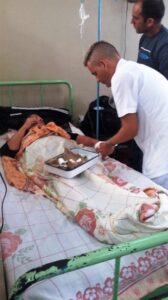
As the dialogue flowed, he again referred to women, especially mothers, and said: «I have always said that when a woman gives birth she has a little box of surprise, which is for the rest of her life, she will not choose her child, it will be as God wills it».
According to Alex, as his friends affectionately call him, public behaviour towards the gay community is not the same in all provinces of the country. Santa Clara is one of the most advanced cities in terms of how homosexuals can develop. Havana is somewhat flexible as well, but Matanzas does not yet behave like that, and even less in the countryside. He expressed his pride and how much he defends his preference by saying: «We are normal, no more, no less, we are normal».
Is it a problem for you not to be able to have descendants?
-No, because I don’t like children, I love to see them in someone else. I don’t have the mettle to deal with a child, to know that it’s my responsibility, I can’t do it.
How far do you think today’s society needs to go to eradicate discrimination?
-We still have a long, long way to go. Cubans are macho, we still believe that boys play ball and girls play with dolls, without realising that it’s not like that. They are created stereotypes that are not real, a boy can play with a doll and he doesn’t have to be gay. There is the saying: «Tell me who you hang out with, and I’ll tell you who you are». I have friends who are straight, who come to my house, have a bottle of wine and nothing happens.
-We have a long way to go to break those taboos, to stop looking down our noses when a boy puts a little hand out of tune, when he walks in a strange way or wears pink. We can hang out with whoever we want, homosexuality doesn’t stick, it’s not a virus.
He is one of those people who doesn’t like lies and can’t stand hypocrisy. He is quite sincere and direct when he wants something.
Any advice you would like to give to those young people who are starting to find themselves and are afraid to face their parents and society?
-That being gay doesn’t mean being crazy, promiscuous, or a social scourge. Sometimes we deserve to be called that. To be gay you don’t have to sit on street corners, wear short shorts, prostitute yourself, or make out with your partner in public places, so we seek social rejection.
You can be a model professional in any sphere in this country and be gay. Society will never respect you if you and your inner circle of people don’t, respect yourself, the time will come when the rest will. The «gay» will never be absent, but they will say it not as a reproach or mockery, but as a distinctive sign.
Photos by the author
Written by Brenda González.


